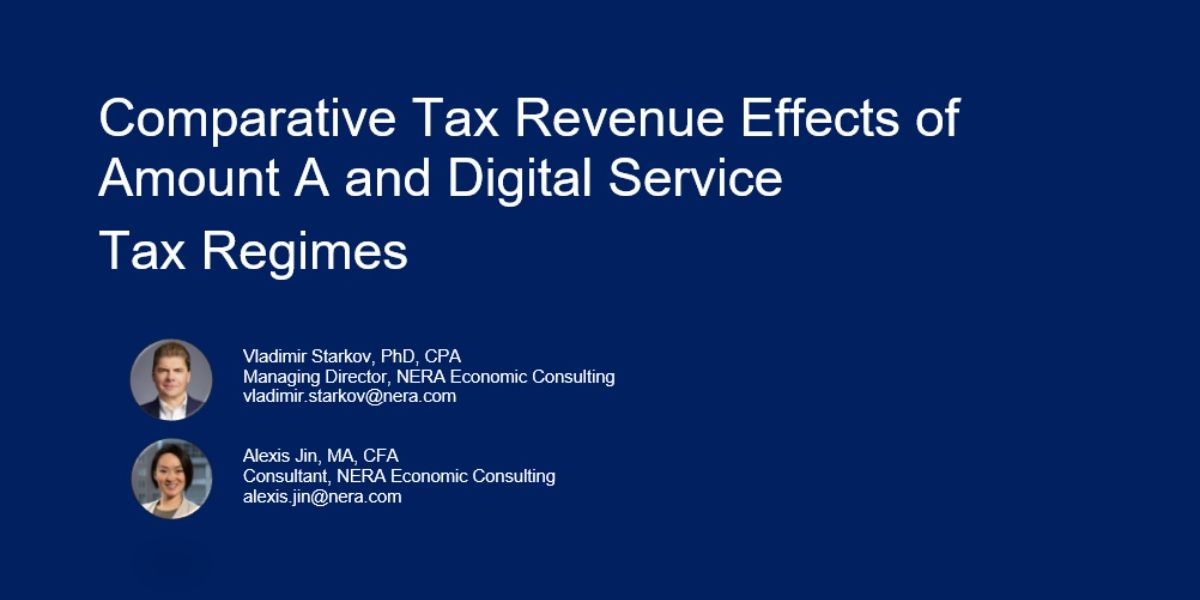On 30 November 2017 the Inclusive Framework released further guidance for tax administrations and multinationals in relation to the implementation of Country-by-Country (CbC) Reporting under Action 13 of the action plan on base erosion and profit shifting (BEPS).
The jurisdictions participating in the inclusive framework are involved in the development of the monitoring process for the four minimum standards under BEPS and in the review mechanisms for other parts of the BEPS package, in addition to developing toolkits to assist developing countries in BEPS implementation. The participating countries can provide input to the work on toolkits and the remaining BEPS standard-setting work.
This further guidance looks at a number of specific issues including how to report amounts taken from financial statements prepared using fair value accounting; how to treat a negative figure for accumulated earnings in Table 1; how to treat mergers, acquisitions and de-mergers; how to treat short accounting periods; and the definition of total consolidated group revenue.
The guidance includes the following matters:
Fair value accounting
The guidance confirms that amounts of revenues and profits determined according to fair value accounting in the financial statements may be may be included in the CbC report without any further adjustment.
Negative figure for accumulated earnings
A negative figure for accumulated earnings should be reported without modification in Table 1 of the CbC report. Where there are more than one constituent entities in the same jurisdiction the negative figure should be netted off against any positive figures for accumulated earnings.
Extraordinary income and gains from investment activities
The guidance clarifies that in determining whether the total revenue of the group reaches the EUR 750 million threshold all the revenue that is (or would be) included in the revenue in the consolidated financial statements should be taken into account. The jurisdiction where the ultimate parent entity is resident may require the inclusion of extraordinary income and gains from investment activities in the consolidated group revenue if they are included in the consolidated financial statements under applicable accounting principles.
Short accounting period
If the preceding fiscal year of the ultimate parent entity as shorter than twelve months the jurisdiction of the ultimate parent entity may adopt one of several different approaches in calculating whether the EUR 750 million threshold has been reached. The jurisdiction may just use the total consolidated group revenue for the short accounting period; it can adjust the group revenue for the short accounting period to reflect the equivalent total group revenue for a twelve month period; or it may calculate the pro-rata share of the EUR 750 million threshold that would correspond to the short accounting period.
Mergers, acquisitions and demergers
In the case of a year in which a merger, demerger or acquisition has occurred, in determining whether the EUR 750 million threshold applies the consolidated group revenue in the consolidated accounts of the fiscal year preceding the reporting fiscal year should be used as the basis. There is no need to adjust the consolidated revenue for the preceding fiscal year.
With regard to the information in the CbC report for the period of the acquisition, merger or demerger this is determined in accordance with the accounting standards or principles will determine in which period the financial data of the merged/acquired or demerged entities are included in the CbC report of the group.
The updated guidance includes various examples using different fact patterns to demonstrate how to determine whether the group has reached the threshold for submitting a CbC report.
















